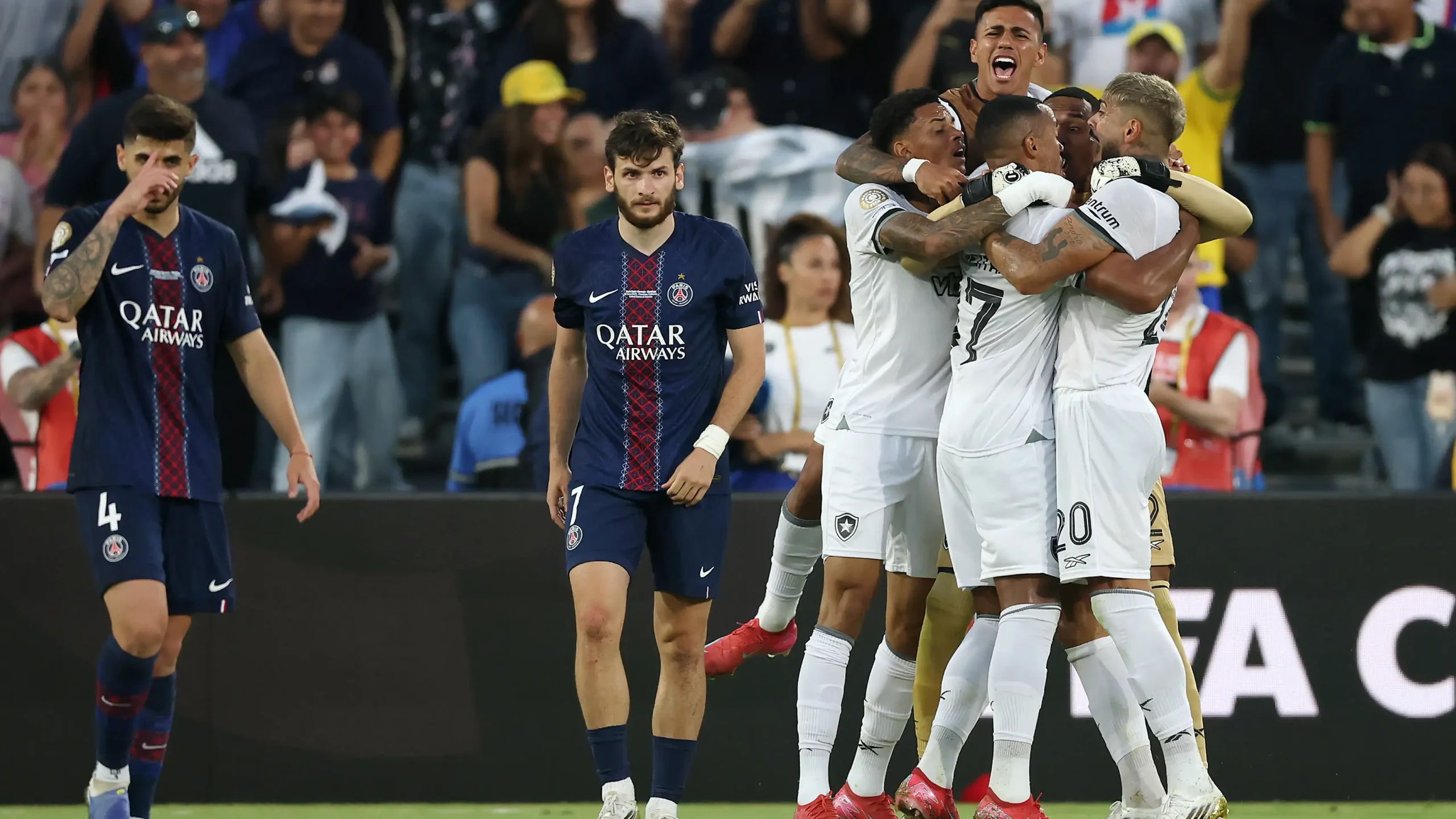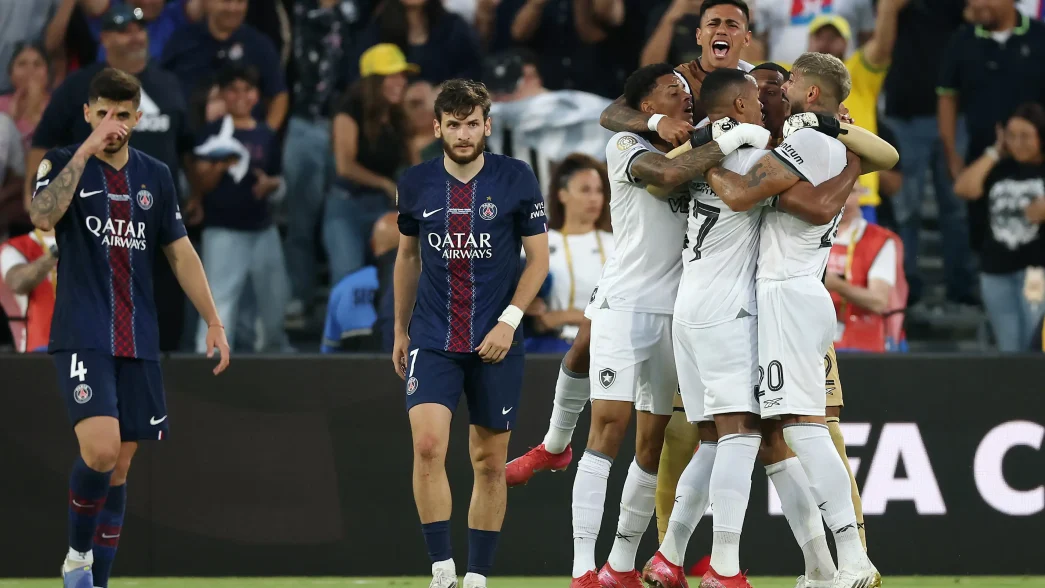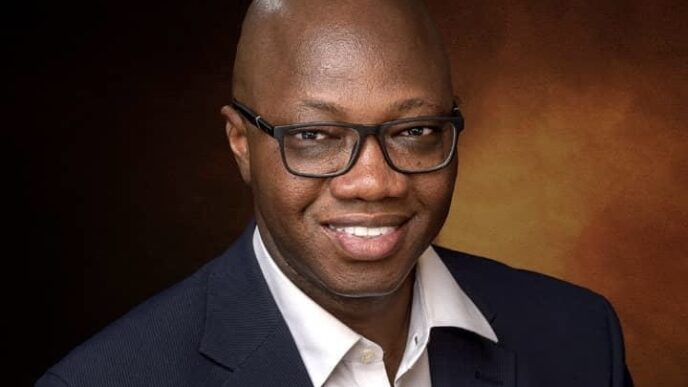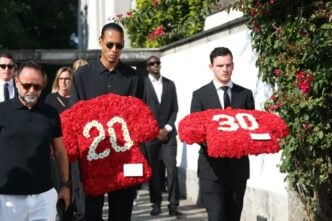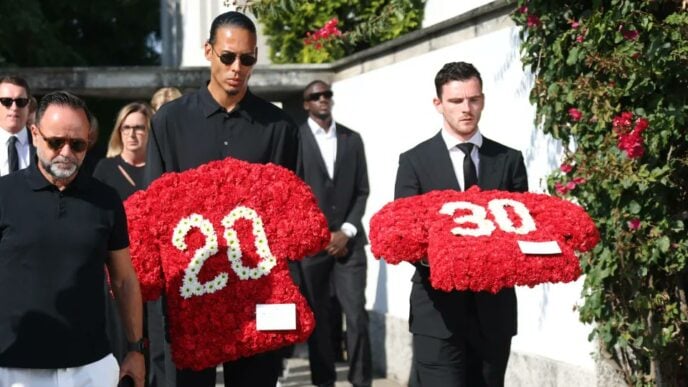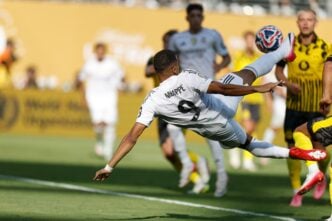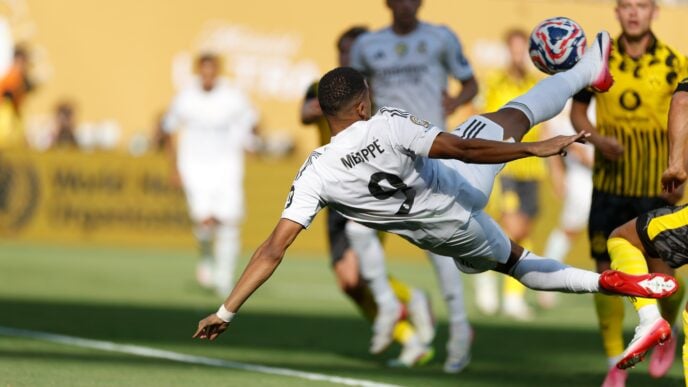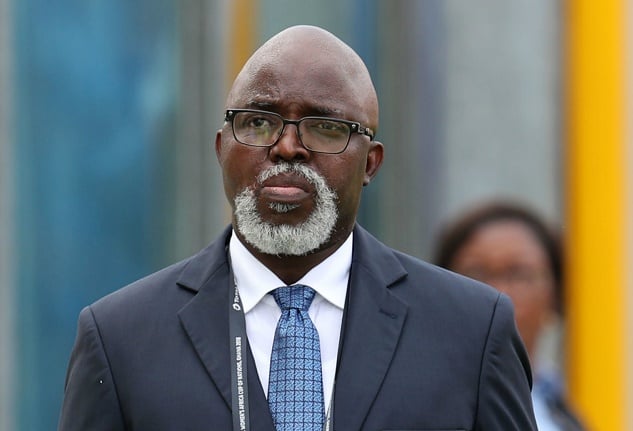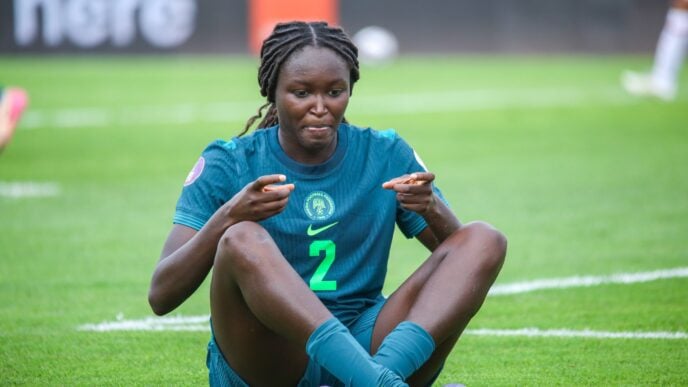BY VICTOR OLABISI
As Brazil’s national team continues to stumble into irrelevance, its clubs have surpassed expectations and toppled some of Europe’s best at the ongoing FIFA Club World Cup. What explains this striking contrast, and can it be reversed?
Brazilian clubs have been the revelation of the tournament at the ongoing FIFA Club World Cup. They have outplayed some of the footballing giants of Europe and reminded the world of samba football’s excellence. To put their achievement in perspective, Chelsea’s squad valuation alone exceeds that of all four Brazilian clubs at the tournament combined, thus representing a stunning reminder of just how wide the financial gap is between Europe’s elite and South America’s best.
Flamengo decimated the current UEFA Conference League Winners, Chelsea; Botafogo stunned the French Billionaires, Paris Saint-Germain; Fluminense and Palmeiras held Dortmund and Porto, respectively.
It was an outstanding group stage performance from the Brazilian clubs. Six wins, five draws and just one defeat in the 12 group stage games. Furthermore, the duo of Fluminense and Palmeiras made it to the last eight; most notably with the former handing Champions League finalists, Inter Milan, a shocking 2-0 defeat. A clear indicator of dominance at the tournament.
Advertisement
THE SELEÇÃO AND ITS LOST SPARK
At the national level, Brazil seems to have lost its charm and potency. Since lifting the Copa América in 2019, the Seleção have struggled. From a World Cup quarter-final exit to Croatia in 2022 to an underwhelming Copa América outing in 2024 that ended with the team not scoring a single goal in the knockout stages, the Samba Boys have been reminiscent of a team caught up in tactical instability and disarray.
For Brazilian fans, the success of their teams at the ongoing FIFA Club World Cup has stirred up joyous chants and echoes louder than anything the Seleção has stirred in the last few years, but for analysts around the world, the ongoing triumphs of Brazilian club teams bring to the fore a sacrosanct question.
How can the same country serve up this kind of footballing contradiction? Dominance at the world club football level and failure at the national team level.
Advertisement
BRAZILIAN FOOTBALL THROUGH A TACTICAL LENS
At the club level, Brazilian managers are tactically sound and unafraid of adaptation. Managers like Abel Ferreira (Palmeiras) favour a 4-2-3-1 or 3-4-2-1 hybrid built on positional play where full-backs interchange positions with wingers and overloads are created on the flanks. Filipe Luís at Flamengo has borrowed heavily from modern European tactics. His team employs a narrow attacking structure, positional fluidity and coordinated counter-pressing when the ball is lost.
These managers have been able to blend modern football with the Joga Bonito flair. They’ve not been beholden to the ghosts of 1970, unlike their counterparts in recent years at the national team.
This modern tactical sophistication was on display in Flamengo’s 3-1 win against Chelsea. The Brazilian side completed 382 passes with an accuracy of 87%, out-possessed the Premier League side with 52% of the ball and had 9 shots on target compared to 5 shots on target from Chelsea. They also executed more tackles, clearances and interceptions than the Blues.
Botafogo, in their 1–0 win over PSG, covered more distance as a team; 119.6km to PSG’s 115.5km and recorded 48 clearances, a clear mark of intelligent pressing. Most impressively, the team registered 50 defensive turnovers in the game.
Advertisement
These numbers tell the story of the Brazilian contingent’s resilience and dominance in the ongoing competition.
NATIONAL CHAOS: A TEAM WITHOUT IDENTITY
In sharp contrast to its club sides, the Brazilian national team has looked chaotic. Between the resignation of Coach Tite following the 2022 World Cup exit and the recent appointment of former Real Madrid coach Carlo Ancelotti, the Brazilian Football Federation (CBF) has employed the services of three different coaches, each one struggling to adapt to the evolution of the game.
While the likes of Argentina, France and Portugal have embraced and established thriving playing systems, the Brazilian national team still seems unsure of what story it wants to tell. In the Post-Tite era, the team can be likened to a board of incorrectly arranged puzzle pieces that desperately needs to be rearranged.
An explanation for Brazil’s football paradox lies perhaps also in the team culture at both levels. Brazilian clubs are built on a collective identity. Aside from the club teams having greater time to train together compared to the national team, one could argue that there is a player mentality of pride in playing for the badge, which is seemingly lacking currently in the national team.
Advertisement
Football in Brazil is held together by an emotional thread. Ask a Flamengo player or fan what it meant to beat Chelsea, and you’ll find the answer clearly in their eyes. For Brazilian club players, the badge is a symbol of their neighbourhood and their upbringing.
Homegrown Players like Bruno Henrique or Igor Jesus play their hearts out for their clubs, unlike in the national team, filled with stars who have played more football abroad than in Brazil over the last decade. Simply put, the clubs feel hungry to win. The national team, on the other hand, does not have as much.
Advertisement
THE ROAD TO REDEMPTION
While the Seleção has underperformed in recent years, it’s not all doom for the nation with the highest World Cup trophy haul in history. Brazil’s national team isn’t broken beyond repair. However, fixing Brazil’s football paradox requires a few tweaks.
To begin, Brazil must commit to a clear footballing philosophy. Spain has tiki-taka, France is known for their pragmatic approach, and Argentina, through its La Nuestra style of play, has found a way to balance creativity with grit. For Brazil, they must rediscover what Brazilian football means in today’s game. Would it be all flair or high pressing and attacking football? They need to craft an identity for the team and stick with it.
Advertisement
Furthermore, the lack of stability in the managerial department has affected the team. The CBF, having appointed Carlo Ancelotti as manager, must now give him ample time to build a quality team.
Judging from the performance at the ongoing FIFA Club World Cup, the best players in the world may live in Europe, but definitely the hungriest ones often play in Brazil.
Advertisement
If Flamengo’s midfield could dominate Chelsea’s and Botafogo’s defence was able to keep PSG’s explosive attack at bay, then why not integrate these warrior-like players into the national team core?
To return to the heights of national success, Brazil’s football federation must look at the clubs and ask: What are they doing right?
And if they pay attention enough, they’ll find the answers in plain sight. The paradox doesn’t have to last forever. The same energy propelling Brazilian clubs in challenging the might of the European giants can be wisely harnessed to awaken the slumbering national team and place the Seleção once more on the global footballing map of success.
BRAZIL’S MIRROR: A NIGERIAN REFLECTION
The Brazilian story has similarities to ours. Nigeria is a nation filled with local footballing potential; however, it is unable to translate it onto the international stage.
Like the Seleção, the Super Eagles have struggled with inconsistency and frequent managerial changes.
Just as Brazil must look inwards to rediscover itself, so too must we.
The answer to our resurgence lies in rebuilding at home, from the grassroots to the professional level.
